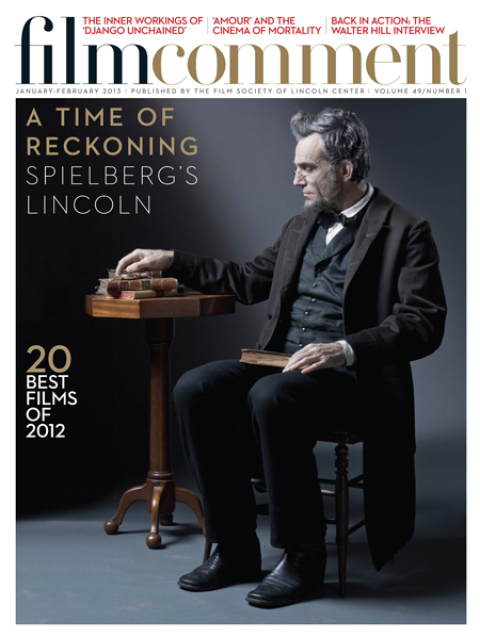
For nearly a century, Snow White has provided a steady flow of inspiration for all manner of movie adaptations: animated and live-action, big screen and small, faithful and loose, comedic and scary—and, yes, even pornographic. But 2012 might have been the fairest of them all for the mistreated beauty, with the release of two large-scale Hollywood productions, followed by Pablo Berger’s Blancanieves (Spain’s Foreign Language Oscar submission), a decidedly more mature version, grander on every level but that of budget. Set in the Twenties and scrupulously styled after films of that era, it’s presented in 1.85:1 black and white, with title cards supplying the dialogue.
The Snow White here is Carmen, the daughter of a famed bullfighter who is crippled first physically by a goring, then emotionally by his wife’s death. Enter evil nurse Encarna (Maribel Verdú, having a field day) who marries the former matador king and treats his little girl abominably. Years later, Encarna kills her husband and then attempts to do away with her stepdaughter, but after her plan is botched, an amnesiac Carmen falls in with a group of—only six!—itinerant bullfighting dwarves, whom she of course takes to immediately.
Blancanieves is painstakingly crafted, emotionally gripping at times, and more authentically Grimm than most interpretations, and it puts a slightly unsettling new spin on Prince Charming and the proverbial happily-ever-after ending. That said, Berger’s film ultimately isn’t quite as magical as it imagines itself to be.








